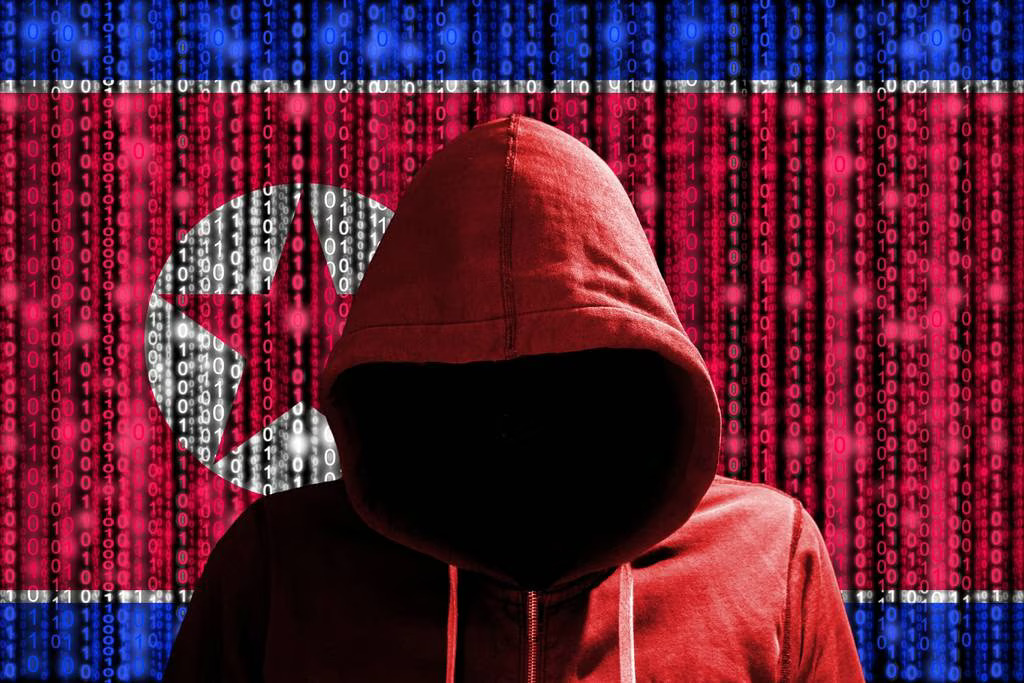
The United States has taken a decisive step by imposing sanctions on North Korea, citing its involvement in malicious cyber activities. The move comes as a response to the persistent cyber threats and attacks originating from North Korean entities, targeting various sectors including financial institutions, government agencies, and critical infrastructure.
The US government’s actions aim to deter North Korea from further engaging in cybercrimes that pose a significant risk to global cybersecurity. This article delves into the details of the sanctions and their potential impact on North Korea’s cyber operations.
The US Department of the Treasury announced the imposition of sanctions on North Korea, specifically targeting three state-sponsored hacking groups: Lazarus Group, Bluenoroff, and Andariel. These groups have been implicated in numerous cyber attacks, including the infamous WannaCry ransomware attack, which affected hundreds of thousands of computers worldwide in 2017.
Lazarus Group, believed to be connected to the North Korean government, has been involved in various cyber activities, ranging from financial thefts to espionage. Bluenoroff, an offshoot of Lazarus Group, primarily focuses on financial institutions and has been responsible for several high-profile attacks on global banks. Andariel, another hacking group with links to North Korea, specializes in targeting South Korean government and military entities.
By imposing these sanctions, the US aims to disrupt the funding and resources of these cybercriminal organizations. The move includes freezing assets, prohibiting transactions with US individuals or companies, and blocking access to the international financial system. These measures aim to cripple North Korea’s cyber capabilities and act as a deterrent against future cyber threats.
The international community has long condemned North Korea’s cyber activities, considering them a significant threat to global cybersecurity. The sanctions imposed by the US demonstrate a commitment to holding nation-states accountable for their malicious actions in cyberspace. It is expected that other countries may also follow suit by implementing similar measures to counter North Korea’s cyber aggression.
The implications of these sanctions are twofold. Firstly, they aim to disrupt the financial networks that support North Korea’s cyber operations, making it more challenging for the regime to fund and execute cyber attacks. Secondly, they send a clear message to other nations engaging in cybercrime that their actions will not go unpunished. The sanctions serve as a deterrent to potential cyber aggressors and emphasize the consequences they may face.
However, it is important to note that imposing sanctions alone may not completely eliminate the cyber threat posed by North Korea. Cybercriminals are known for their adaptability, and they may find alternative methods to finance their operations. The sanctions should, therefore, be seen as one part of a comprehensive strategy that includes international cooperation, information sharing, and bolstering cybersecurity capabilities.
Conclusion
In a decisive move, the United States has imposed sanctions on North Korea in response to its involvement in malicious cyber activities. These sanctions specifically target three state-sponsored hacking groups, aiming to disrupt their funding and resources. By taking such actions, the US government seeks to deter North Korea from engaging in further cybercrimes that pose a significant risk to global cybersecurity.
It is expected that these sanctions will have implications beyond North Korea, serving as a deterrent to other nations involved in cyber aggression. Nonetheless, a comprehensive approach that combines sanctions with international cooperation and enhanced cybersecurity measures is crucial in effectively addressing the persistent cyber threats faced by the world.

